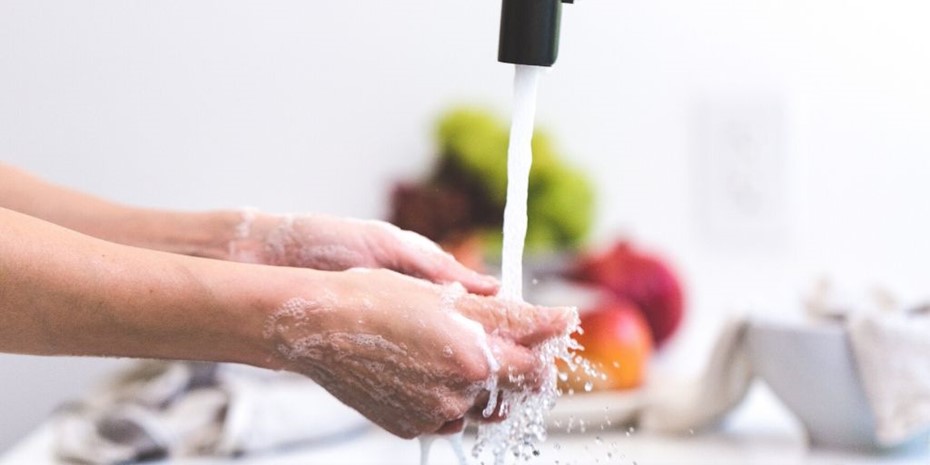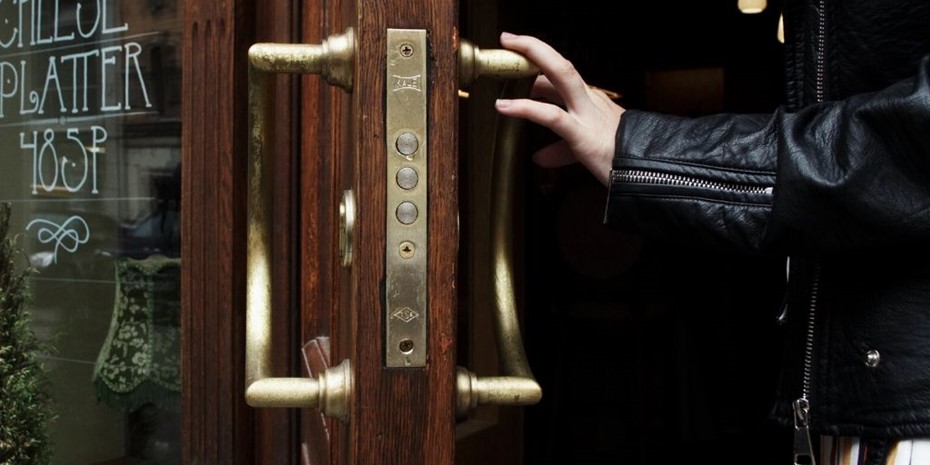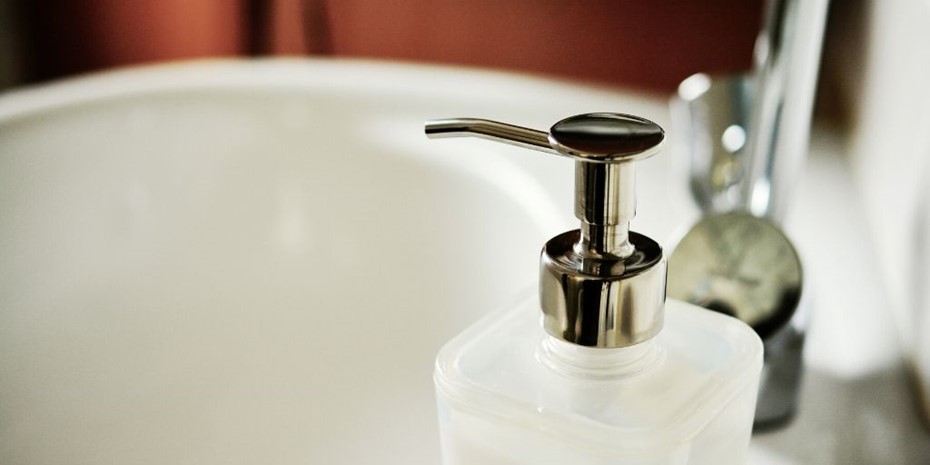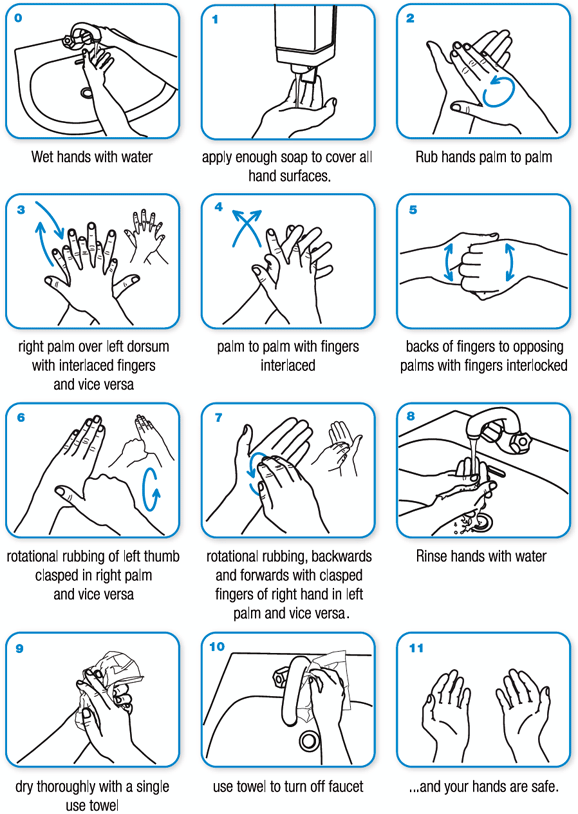
There are a million messages out there right now, but there’s one clear and consistent one: WASH YOUR HANDS.
While many of us might pride ourselves in our healthy hand-washing habits, doing it right is more important than ever.
How our hands spread sickness – including coronavirus

Unwashed or insufficiently washed hands are responsible for spreading all sorts of germs. There are obvious culprits, like hands that have just handled raw meat or a dirty nappy, but also less obvious culprits, like hands that have just touched a germ-infested doorknob.
While there’s still a lot unknown about the coronavirus, researchers do know it can last up to 24 hours on porous surfaces like cardboard and up to 72 hours on hard, shiny surfaces like doorknobs, plastic containers, kitchen counter tops and stainless steel cutlery.
Since it’s not always possible to avoid touching things, it’s a safe bet to wash your hands more often than you’re accustomed.
You should definitely wash your hands:
- After blowing your nose, coughing or sneezing
- After you’ve had physical contact with someone who is unwell
- After you’ve used the toilet
- Before and after eating
- Before, during and after you prepare food
- After touching or feeding your pet
- After visiting public spaces – like the supermarket
It’s also important to avoid touching your face, especially at a time like now – that’s how germs and viruses enter your body.
What should I use to wash my hands… and for how long?

Proper hand-washing helps kill viruses, reducing the spread from person to person.
According to the World Health Organisation (WHO), you should wash your hands with soap and clean, running water for as long as it takes to sing Happy Birthday twice – or around 20 seconds.
And don’t forget to dry – germs can be transferred more easily to and from wet hands, so make sure you use a hand dryer or towel to finish things off.
Here’s what you need to do, step by step:
If you don’t have immediate access to soap and water, use an alcohol-based hand sanitiser and again – avoid touching your face.
For more information about proper hand-washing technique, visit the World Health Organisation or WA Health Department websites.
At Brightwater, we’re all about wellbeing. We provide home care, residential aged care and retirement living solutions for seniors, as well as support for younger people with complex disabilities.



